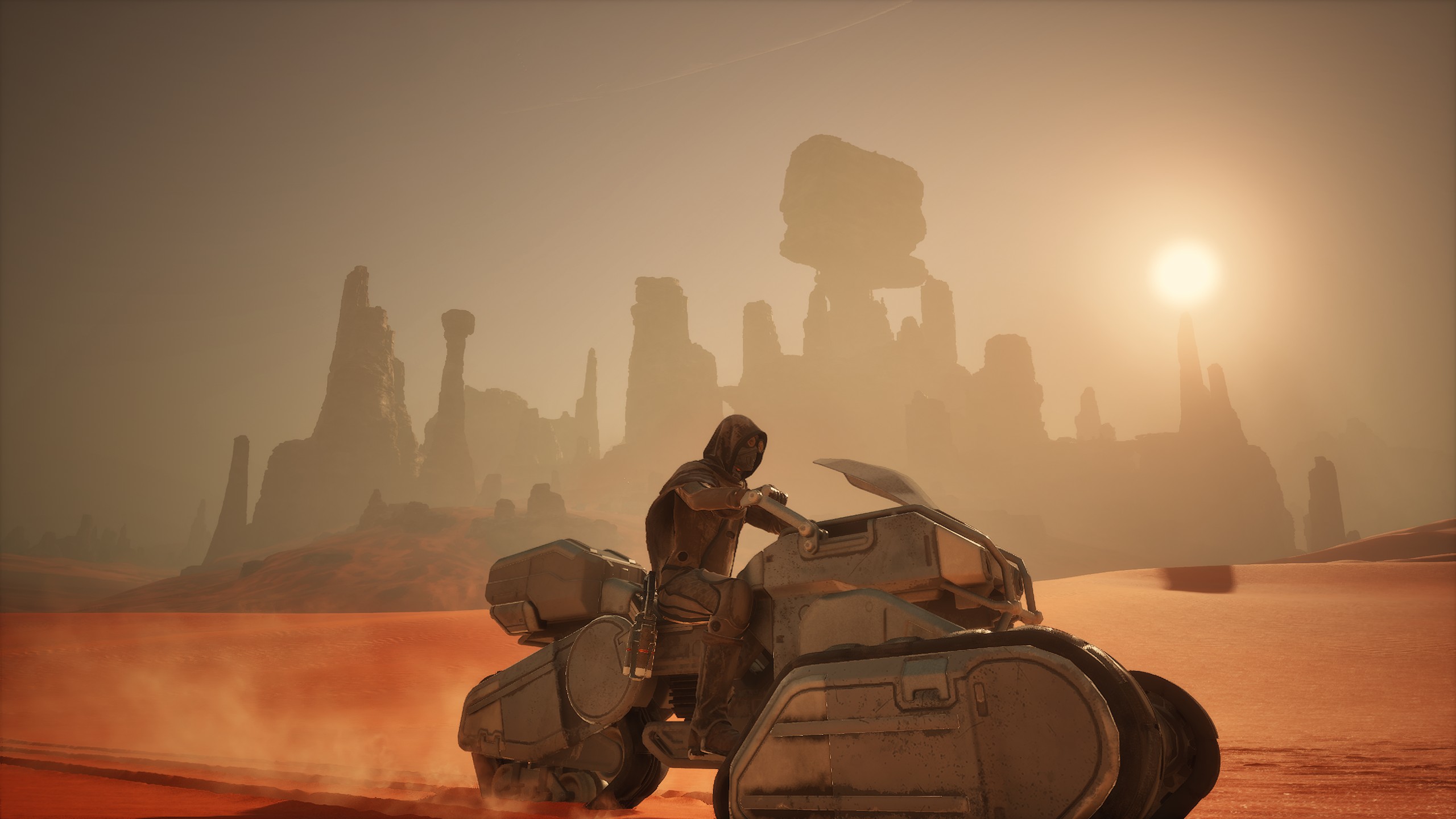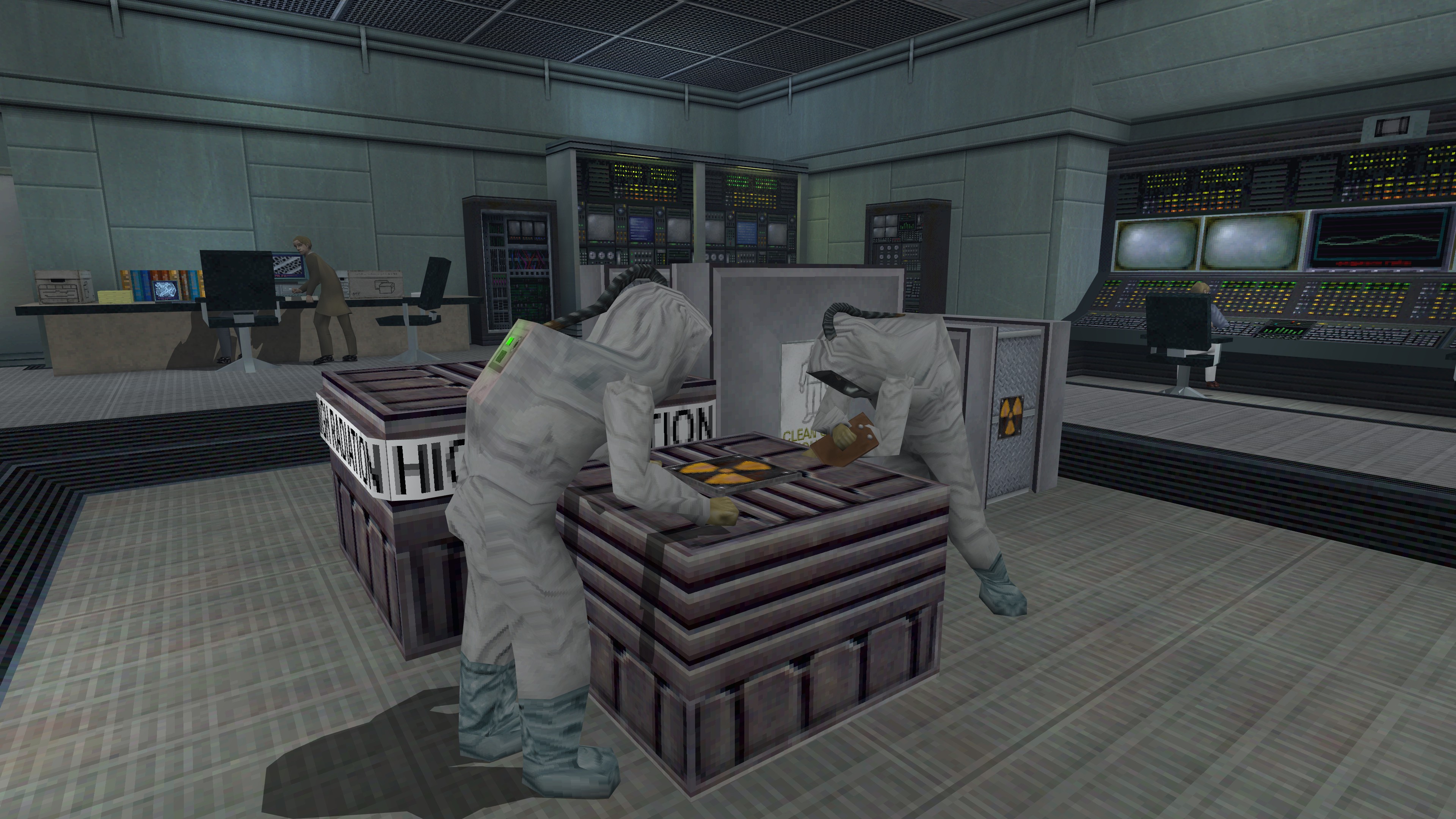
Ultros Review - Toil And Soil
With an increasing number of them to choose from, it has become even more challenging for new metroidvania games to stand out. Those that have in recent memory all managed to establish either a distinct and enticing look to them, such as Hollow Knight, or refined a set of familiar mechanics that reinvigorates the entire formula again like last month’s Prince of Persia: The Lost Crown. Ultros aspires to be spoken about in the company of these games and earns that right through an exciting blend of satisfying platforming and slick, fast combat, but also the ways in which it breaks away from the traditional mold of the metroidvania formula. It’s these elements that make it truly stand out, even if some of its experimentation with form and format doesn’t stick the landing.
You awake aboard a ship floating in space, unaware of how or why you’re aboard, before quickly coming into contact with a variety of other alien species all carving out their own versions of idyllic life aboard the craft. A ghostly apparition that guides you through the opening moments of the game explains that there’s a security measure in place to keep an all-powerful deity from escaping its sarcophagus, the very ship you’ve found yourself aboard, and that you’ll need to sever the connection of eight beings to the system to ultimately be free. It’s not long after that Ultros establishes itself as a pseudo-roguelite, with a time-looping mechanic underpinning your progression and exploration throughout the entire adventure.
These roguelite elements don’t function how you might expect them to based on genre staples, however. For example, when you die, you’re sent back to your last save point instead of restarting in a new loop, which firmly reminds you that Ultros is first and foremost a metroidvania at its core. Initially, a new loop is only started after you perform pivotal actions around the world, and only after you return to a central hub where the entire world is reset again. You do still have a significant portion of your progress reset, including all of your upgrades and inventory items, as well as losing your primary weapon and utility robot that stores all your other permanent mechanical upgrades. Having the latter two revoked each new loop is initially jarring as not being able to attack or double jump at the start of a loop feels foreign after a few hours utilizing both, but it does serve a purpose if you want to explore Ultros’ world with a more passive approach, opening up alternative avenues to investigate if you manage to figure out how to get around. It quickly becomes trivial to reacquire these vital pieces of gear, too, with each new loop offering shorter routes to them that let you get going again quickly and avoiding a sense of frustration after making important story progress.








